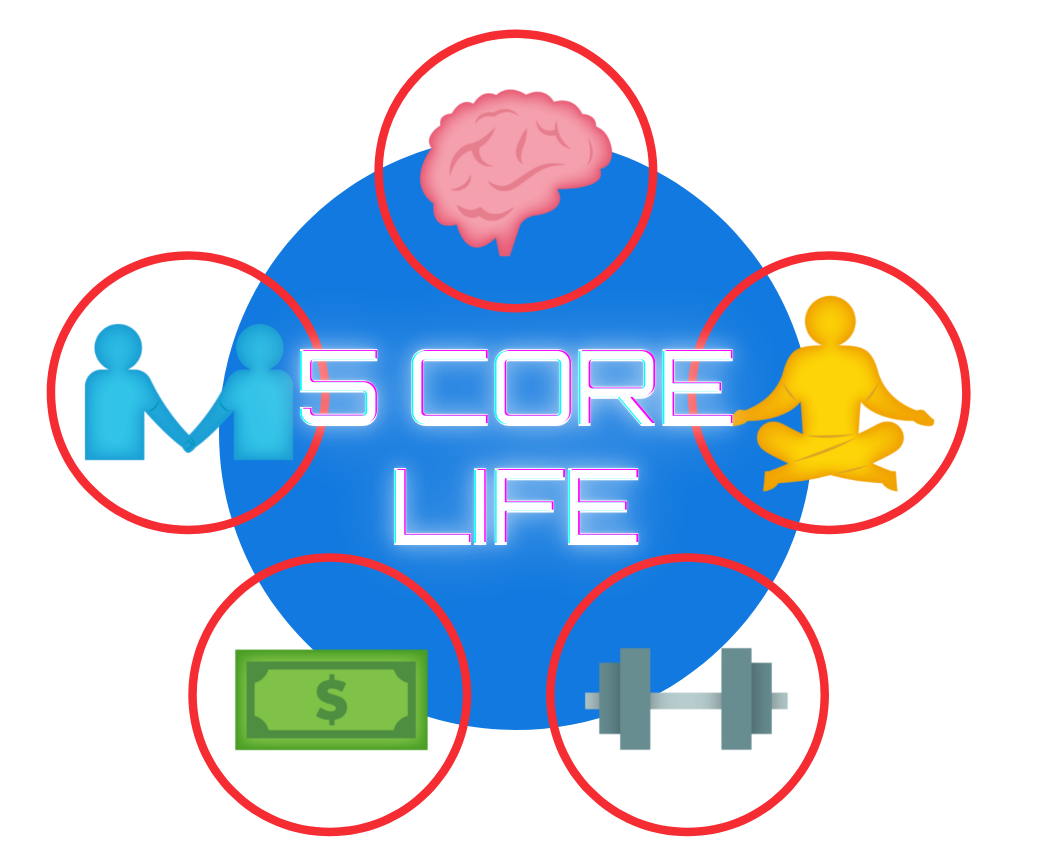Managing life effectively is not about perfection—it's about creating a sustainable and fulfilling balance across different areas of your daily routine. Whether you’re a student, professional, or homemaker, these five essential areas of life management can help you take control, reduce stress, and thrive with purpose.
1. Time Management Strategies for a Balanced Life
Time is one of the most valuable resources we have, and how we use it defines the quality of our life. Effective time management involves identifying your priorities and allocating your time accordingly. Tools like calendars, to-do lists, and time-blocking can help organize your day. The Eisenhower Matrix—a technique that separates tasks into urgent vs. important—can help you focus on what truly matters. Saying “no” when necessary is also a key skill to prevent burnout.
2. Building Healthy Habits for Long-Term Success
Our habits shape our outcomes. Creating small, positive habits—like waking up early, exercising, reading, and maintaining a healthy diet—can compound into remarkable life changes. The key is consistency, not intensity. Using habit-tracking apps or simply marking a calendar can reinforce commitment. Start with one habit at a time and focus on integrating it into your lifestyle before adding another.
3. Financial Planning Basics for Everyday Life
Money management is crucial for peace of mind and future security. Learning how to budget, track expenses, and set savings goals forms the foundation of good financial health. Avoid unnecessary debt, understand the basics of investing, and build an emergency fund. Even simple actions like using budgeting apps or automating savings can make a big difference over time.
4. Mental Wellness and Stress Management Techniques
A healthy mind is just as important as a healthy body. Practice mindfulness, take breaks, spend time in nature, or meditate to manage stress. Journaling your thoughts or talking to a trusted friend or therapist can help process emotions. Prioritize sleep, stay socially connected, and avoid overcommitting your time.
5. Goal Setting and Personal Development Planning
Setting goals gives your life direction. Use the SMART method—Specific, Measurable, Achievable, Relevant, Time-bound—to set clear, actionable goals. Break larger goals into small steps and track progress. Invest in self-improvement through reading, courses, or mentorship.
In conclusion, mastering these five pillars of life management can transform your routine, boost your confidence, and help you lead a more intentional, productive, and satisfying life.

















0 Comments